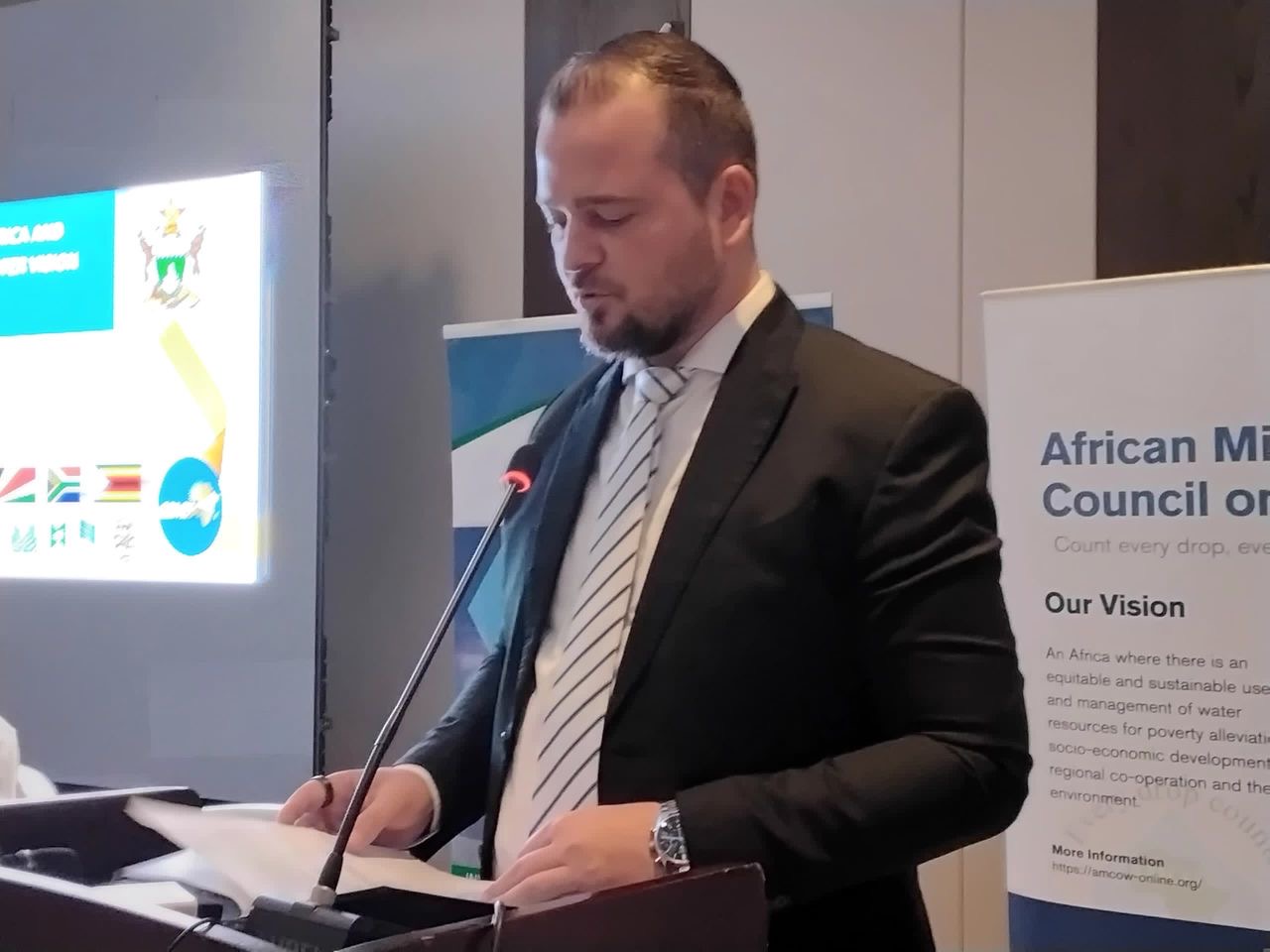By Edward Makuzva
Water and sanitation are critical to Africa’s development as they directly influence social and economic progress emphasised Zimbabwe’s Deputy Minister of Lands, Agriculture, Fisheries, Water, and Rural Development, Hon. Vangelis Haritatos while speaking at the Southern Africa Sub-regional Meeting on the Post-2025 Africa Water Vision and Policy in Harare.
“Zimbabwe remains committed to collaborating with fellow Member States and regional stakeholders to shape Africa’s water and sanitation agenda. Economic growth, social transformation, regional integration, trade, peace, and security all depend on ensuring sustainable access to water,” he said.
Zimbabwe’s Commitment to Water Security
Haritatos revealed that Zimbabwe’s National Development Strategy 1 (NDS1) aims to ensure that by 2025, at least 90% of the population has access to clean and safe water. Beyond improving sanitation and water availability, these efforts will boost key sectors, including agriculture, mining, energy, tourism, and manufacturing.
Major Investments in Water Infrastructure
Over the last five years, Zimbabwe has significantly ramped up dam construction, launching new projects and reviving stalled ones. The government is currently developing 12 major dams to improve water security in urban areas and expand irrigation opportunities. These efforts align with the country’s broader strategy to mitigate climate change impacts.
Additionally, rural water security has become a priority through the Presidential Rural Development 8.0 Programme, which seeks to benefit 1.8 million rural households. Under this initiative, Zimbabwe will drill 35,000 boreholes, each outfitted with solar-powered pumps, water tanks, fish ponds, and nutrition gardens—collectively forming Village Business Units (VBUs). Similarly, 9,600 rural schools will receive water infrastructure upgrades under School Business Units.
Water as an Economic Driver
Haritatos emphasized that Zimbabwe views water as a catalyst for rural industrialization, helping to reduce urban migration and ease pressure on cities.
“Water is central to economic activity across all sectors. Effective management of water, sanitation, and hygiene services drives economic growth, job creation, productivity, and overall well-being,” he said.
With a strong focus on sustainable water development, Zimbabwe is positioning itself as a leader in Africa’s quest for water security, ensuring that no one and no community is left behind.
The high-level meeting was attended by representatives from the African Union Commission, the African Ministers Council on Water (AMCOW), the Southern Africa Development Community (SADC), the African Development Bank, the United Nations Economic Commission for Africa, and key stakeholders from Zimbabwe’s water, sanitation, and private sectors.

